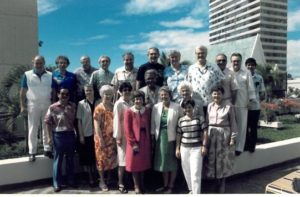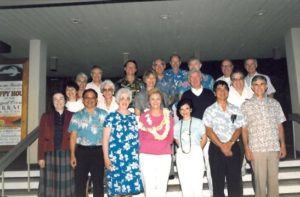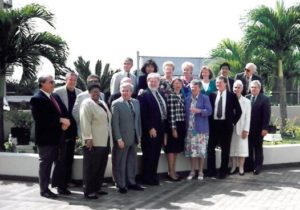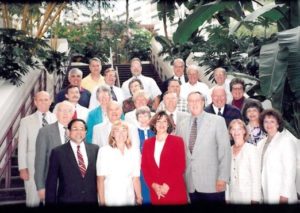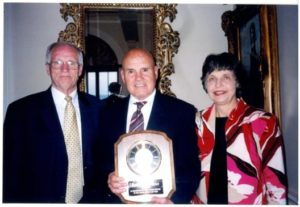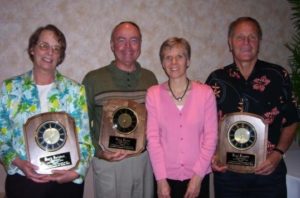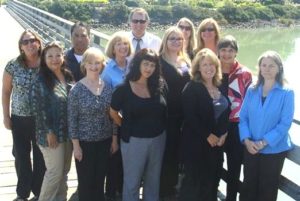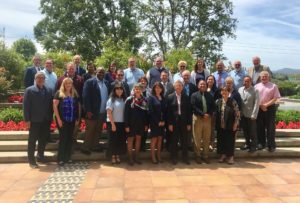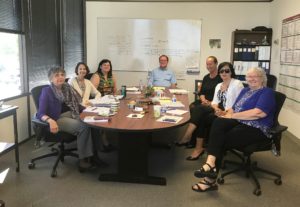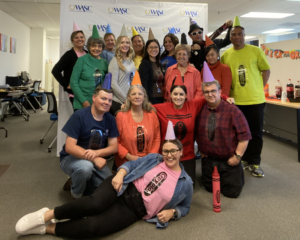Honoring the Past.
Embracing the Future.
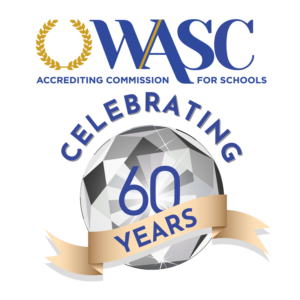
ACS WASC has grown from a small number of schools in 1962 to what now exceeds 5,500 institutions for learning all over the globe. From its notable beginnings, through many challenges and countless changes on the way to becoming a world-renowned accreditation organization, WASC has charted a fascinating journey. Along the way, our organization has thrived on diverse perspectives, continuously improving, and enriching the WASC experience.
People of vision have always played instrumental roles in our progress. We are deeply grateful to all those who have served on the Commission, volunteers who have chaired and served on visiting committees, staff who work tirelessly in the offices, and the schools who have ultimately ensured through their dedicated efforts that individual school self-studies effectively provide guidance and direction for improving the quality of our service to the students of the ACS WASC region.
Making a Difference Globally for 60 Years
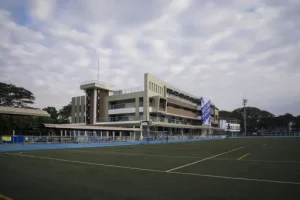
Jakarta Intercultural School

International School Manila

Taipei American School
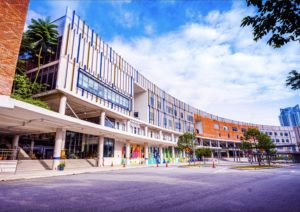
The International School of Kuala Lumpur
WASC Through the Years
1962-2022
#WASC60 School Spotlight
The Winstedt School
“The WASC accreditation process was an incredibly rewarding experience for the entire school community. We are an extremely tight-knit community with students, parents, teachers, therapists, psychologists, counsellors, and administrative staff. Every member of the school community was thrilled to achieve this milestone particularly as we looked to graduate our first cohort of graduates in 2022. We couldn’t be prouder for achieving this milestone as an educational institution that is defying traditional education and, on a mission to transform education for students who learn differently. The accreditation process helped validate our own perceptions of Winstedt as a premier school for students who learn differently in Asia, whilst giving us an opportunity to ensure that we continue to stay true to our mission, yield high quality educational outcomes for our students, and commit to continuous improvement.”
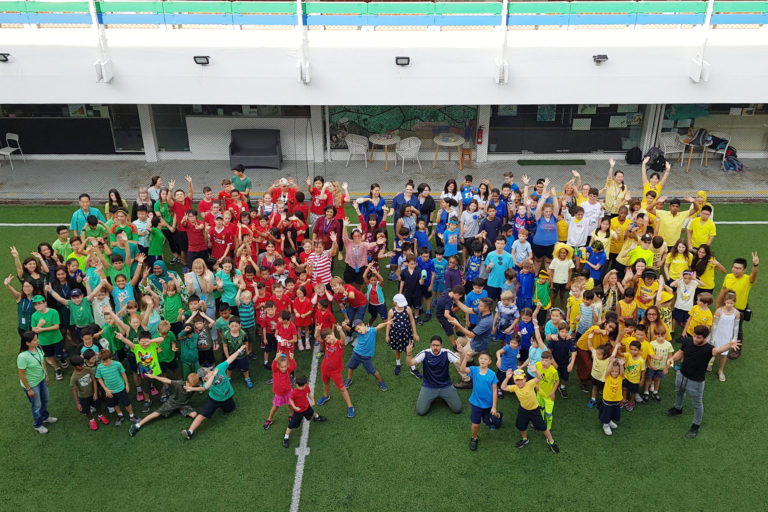
Our History
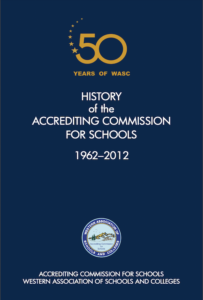
Educational Revolutions Over the Last 60 Years
Throughout the years, WASC has evolved and grown alongside the world of education. Below are some of the changes WASC has seen in education over the last 60 years.
1965 – The Elementary and Secondary Education Act (also known as Title One) was passed. This law attempted to create equality in primary schools by redistributing funding to schools in lower income areas.
1966 – The creation of the school breakfast program. After the creation of this program, qualified students could have a free or low-cost breakfast in school each morning.
1972 – The United States Congress passed Title IX of the Higher Education Act. This act prohibits discrimination against students in federally funded schools on the basis of sex.
1975 – The Americans with Disabilities Act required free and appropriate education for students with disabilities. Before 1975, students with disabilities were often denied education from public schools. Schools asserted that they did not have resources for these students.
1983 – A commission of experts published the Nation at Risk report. This report indicated that American schools were failing to adequately prepare students. The report made numerous recommendations for how schools should be teaching students. These recommendations became the first mandated educational standards in the US.
2001 – The No Child Left Behind act attempted to finish what the Nation at Risk standards began. This act created a set of federal grade-appropriate standards for each subject area. Teachers are required to conform their lessons to these standards and prove that their students have mastered indicated concepts through standardized testing.
2009 – The implementation of Common Core sought to fix some of the problems that schools encountered with No Child Left Behind. With Common Core, states are able to set the standards for the skills students should achieve instead of adhering to federal standards. In addition, Common Core doesn’t rely on standardized testing to hold teachers accountable for student performance.
2013 – The Next Generation Science Standards sought to create a set of standards for STEM education in K-12 schools to better prepare students for careers in these fields. The standards were created based on research so that the most relevant skills would be prioritized.
2015 – The Race to the Top initiative provided schools with grant money to help them adopt standards, provide professional development for teachers, and obtain necessary resources to improve their students’ learning.
2015 – The Every Student Succeeds Act law passed in December 2015. The law replaced its predecessor, the No Child Left Behind Act, and modified but did not eliminate provisions relating to the periodic standardized tests given to students.
2020 – Schools hastily closed their doors to decrease the spread of COVID-19. As the global pandemic raged on, schools were faced with the challenge of finding ways to educate students from the safety of their own homes. Students and teachers fought through the hurdles of distance learning, developing many new educational methods in the process. All WASC accreditation visits went virtual.

